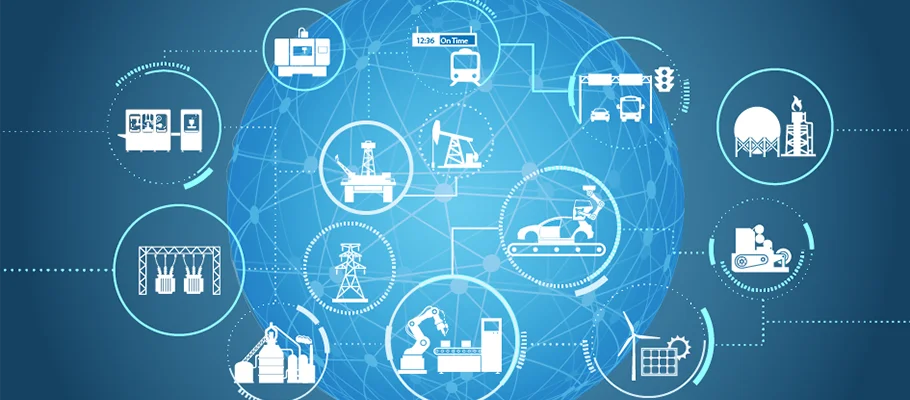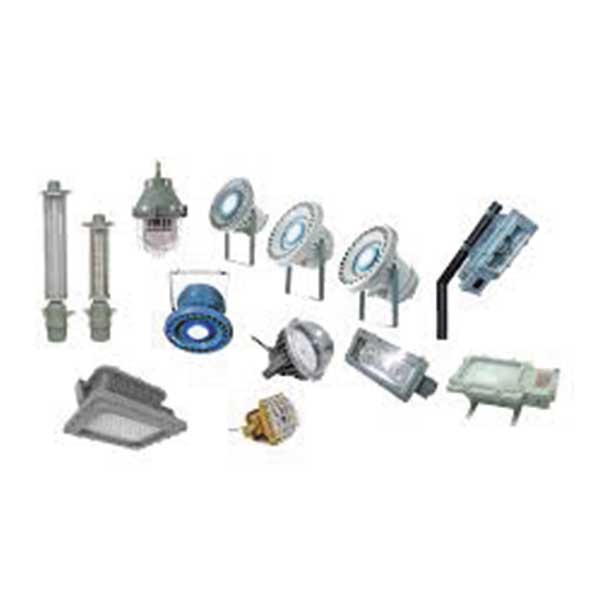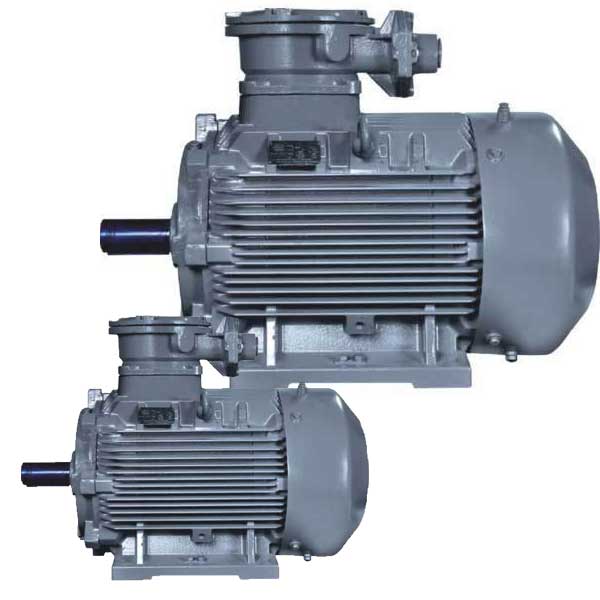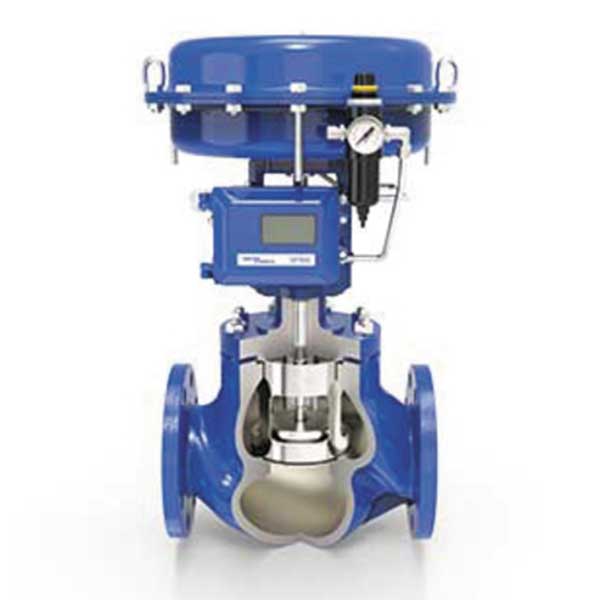
In the intricate world of manufacturing, the role of industrial networking stands out as a pivotal force, working behind the scenes to enhance the field of engineering. Let’s take a comprehensive journey into the realm of industrial networking and unravel its profound impact on the manufacturing landscape.
“Connecting machines is like giving them a common language, ensuring they work together seamlessly in a factory setting.”
What is Industrial Networking?
At its core, industrial networking is akin to a specialized language spoken by machines within a factory. It serves as the communication bridge, enabling these mechanical entities to share vital information and collaborate seamlessly. Think of it as a sophisticated team of robots passing notes among themselves, each note contributing to the collective efficiency of the operation.
Why Does It Matter?
The significance of industrial networking cannot be overstated. Its relevance lies in the optimization it brings to the entire manufacturing process. When machines can communicate effortlessly, the entire system operates with heightened efficiency. It’s analogous to a well-coordinated team where every member comprehends their role, resulting in a streamlined and error-free workflow.
How Does It Work?
Delving deeper into the mechanics of industrial networking reveals a complex yet fascinating web of connections. Specialized cables and communication protocols form the backbone, linking machines together. It’s analogous to connecting the dots, ensuring that each machine is an active participant in the ongoing conversation. This interconnectedness allows for the seamless sharing of information and coordinated action.
Types of Industrial Networking
- Wired Connections
- In this scenario, machines are linked directly through cables, creating a secure and robust communication network.
- Wireless Connections
- Wireless networking, on the other hand, mirrors machines conversing through invisible waves. This flexibility proves invaluable when physical cables are impractical.
Benefits of Industrial Networking
The term “industrial networking” isn’t just a buzzword; it brings tangible benefits to the manufacturing floor.
1. Efficiency Boost
- Rapid information exchange among machines translates to heightened efficiency. It’s akin to a finely tuned orchestra, where every instrument plays in harmony to create a symphony of productivity.
2. Cost Savings
- Efficient communication translates to reduced waste, akin to not purchasing unnecessary tools because the machines are already aware of their requirements.
3. Less Downtime
- Imagine a factory that operates without pauses. Industrial networking plays a crucial role in identifying and addressing issues before they escalate, minimizing downtime.
Challenges and Solutions
However, like any superhero, industrial networking faces challenges. Fortunately, solutions exist to overcome these hurdles.
1. Security Concerns
- Safeguarding the integrity of communication is paramount. Advanced security systems and stringent practices act as a shield, ensuring unauthorized entities cannot infiltrate the conversation.
2. Compatibility Issues
- Machines, like individuals, may speak different “languages.” Compatibility solutions function as translators, ensuring that diverse machines can understand and cooperate with each other seamlessly.
Future Trends
Peering into the future of industrial networking reveals exciting developments on the horizon.
1. Internet of Things (IoT) Integration
- Machines evolving into intelligent entities, interconnected and capable of anticipating each other’s actions without explicit communication.
2. Artificial Intelligence (AI) in Networking
- Envision machines learning from their interactions, adapting, and continuously improving their communication processes over time.
Practical Application
In a real-world scenario, let’s consider a manufacturing plant embracing industrial networking. Machines, like a team of diligent workers, seamlessly share information through this technological language. Imagine a conveyor system receiving real-time updates from the production line, allowing it to adjust speed and optimize resource usage. This practical application not only enhances efficiency but also minimizes errors, showcasing the tangible benefits of industrial networking in action.
Real-world Impact
Picture a factory implementing industrial networking to connect its machinery. The impact is transformative – production lines operate with heightened precision, reducing the likelihood of errors. This not only boosts productivity but also translates to cost savings. Workers witness a smoother workflow, spending less time troubleshooting and more time on value-added tasks. The real-world impact is a well-oiled manufacturing process that not only meets but exceeds production targets, showcasing the indispensable role of industrial networking in shaping the modern industrial landscape.
“The real-world impact of industrial networking goes beyond efficiency; it transforms how we perceive and operate within manufacturing processes.”
Conclusion
In conclusion, industrial networking emerges as the unsung hero in the manufacturing narrative, silently ensuring machines collaborate harmoniously. From the foundational wired connections to the futuristic realms of IoT and AI integration, industrial networking remains a constant, enhancing the efficiency and potency of engineering within the industrial manufacturing domain. The next time you witness a factory in operation, ponder the silent conversations transpiring between machines—made possible by industrial networking. It’s the secret ingredient that keeps the gears turning seamlessly, embodying the essence of progress and innovation in the manufacturing landscape.





























